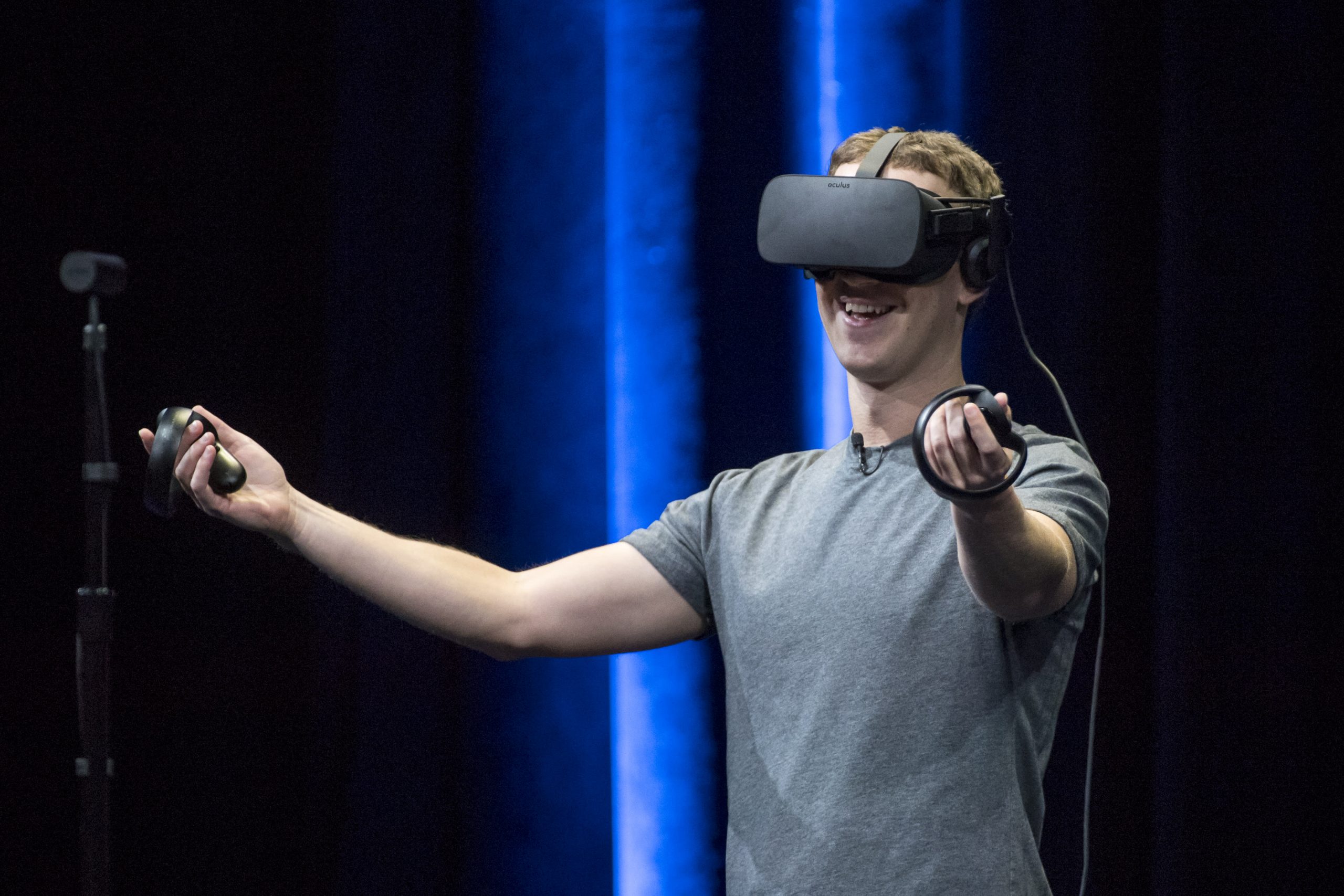
Mark Zuckerberg expects to see massive progress in augmented reality technology over the next 10 years.
Instead of setting a yearly challenge for himself as he has annually for the past 10 years, the Facebook founder and CEO took to his platform to predict major developments over the next ten years. Among his predictions, he said augmented reality will finally break out this decade.
“The technology platform of the 2010s was the mobile phone,” Zuckerberg wrote in a Facebook post Thursday. “While I expect phones to still be out primary devices through most of this decade, at some point in the 2020s, we will get breakthrough augmented reality glasses that will redefine our relationship with technology.”
Augmented reality (or AR) is technology that lets users place digital objects on top of the real world. Today it’s mostly used through smartphones, but some companies like Microsoft and Magic Leap have released full AR headsets.
CNBC reported last September that Facebook is working on AR glasses, codenamed Orion, in its labs in Redmond, Washington. The company also hoped to partner with Ray-Ban’s parent company Luxottica on the design with a target to launch the product between 2023 and 2025. Facebook is also working on a voice assistant that will control the Orion glasses, CNBC reported.
Facebook has been pushing to get into the business of virtual reality and AR hardware since its 2014 acquisition of virtual reality pioneer Oculus VR for $2 billion. In May of last year, Facebook unveiled the $399 Oculus Rift S augmented reality gaming headset. It has released several versions of Oculus VR headsets over the years.
Early AR products have faced criticism for feeling unnatural and obtrusive, which Zuckerberg addressed in his post Thursday.
“Even though some of the early devices seem clunky, I think these will be the most human and social technology platforms anyone has built yet,” he said.
Zuckerberg also pointed to a number of socio-economic issues that he thinks AR could help address, “like ballooning housing costs and inequality of opportunity by geography.” He said that AR could empower individuals to live wherever they wanted while working remotely.
“Imagine if you could live anywhere you chose and access any job anywhere else,” he said. “If we deliver on what we’re building, this should be much closer to reality by 2030.”




























